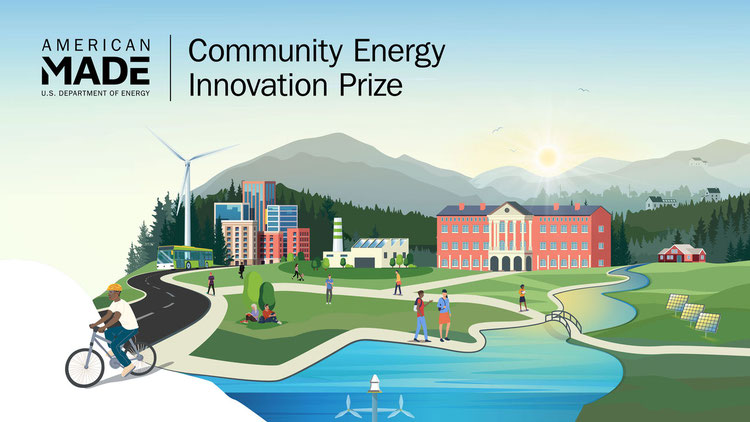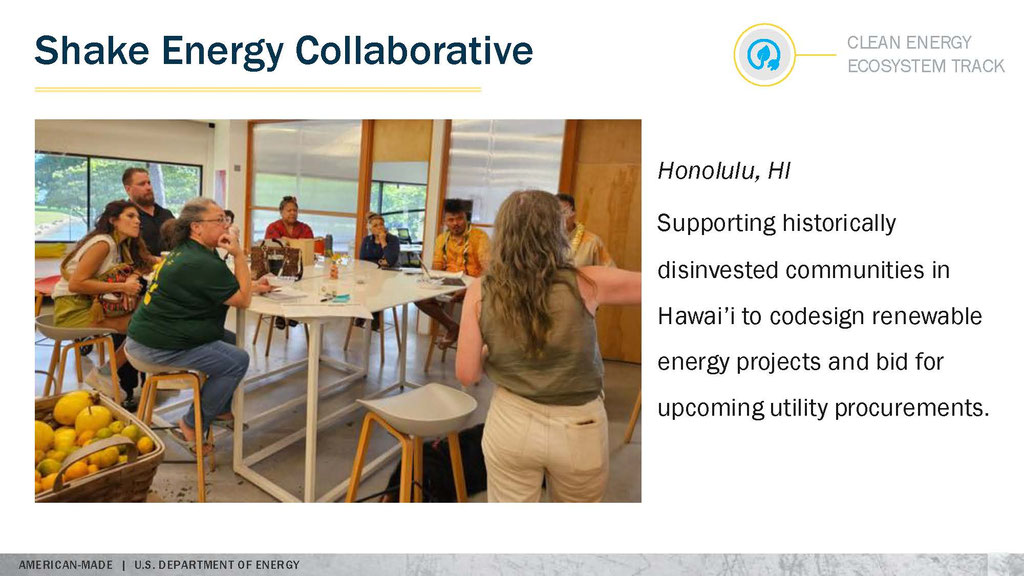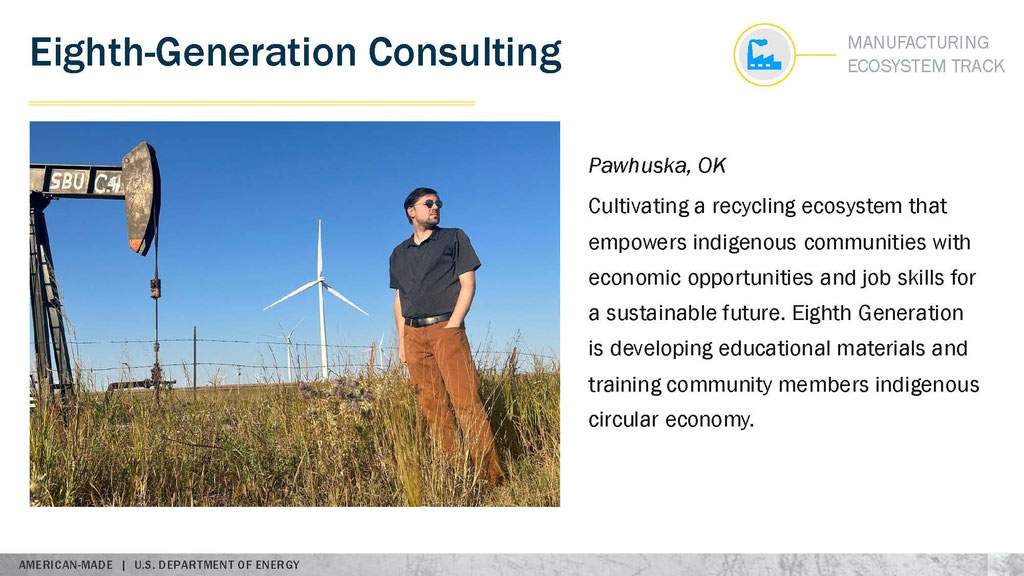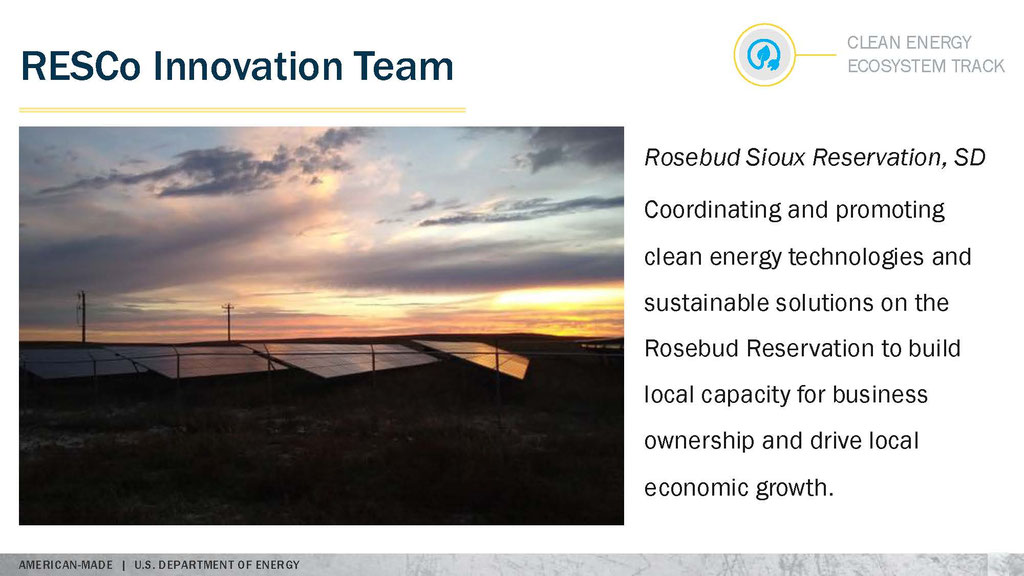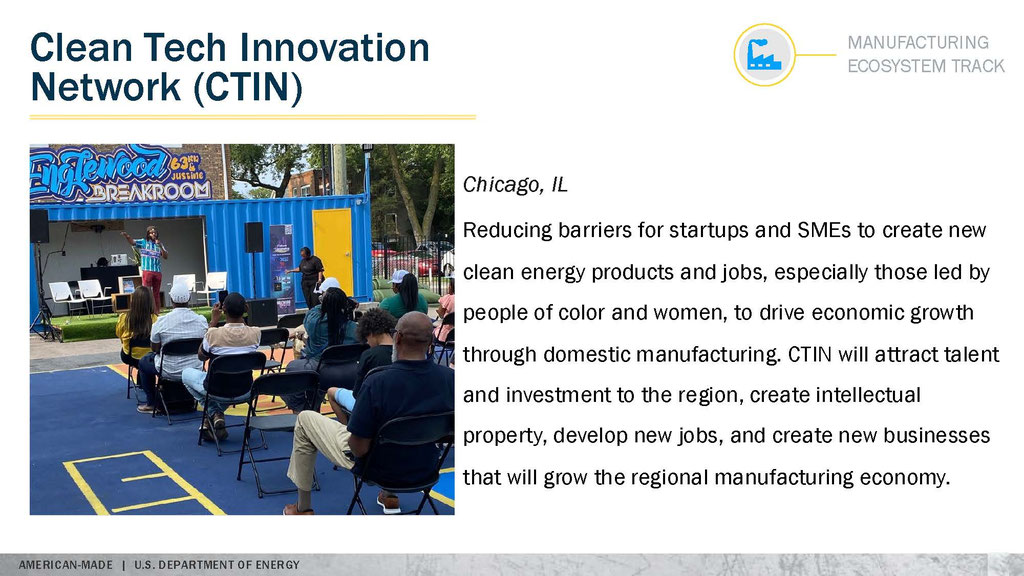19 Clean Energy and Manufacturing Track Teams Win $2.2 Million for Impactful Community Clean Energy Projects
The 19 teams in the Clean Energy Ecosystem and Manufacturing Ecosystem Tracks have successfully completed the challenge to support innovation, entrepreneurship, capacity building, and economic development in communities historically underrepresented in clean energy funding. All 19 teams were awarded $10,000 for completing the final IMPACT Phase of the prize, with GRAND PRIZE winners receiving up to $310,000 in prize money based on the strength of their partnerships and proven in their communities. See what each team achieved and how much they were awarded below:
.jpeg)
The GRAND PRIZE and IMPACT Phase winners of the Community Energy Innovation Prize are as follows:
Clean Energy Ecosystem Tracks GRAND PRIZE Winners
Requity Foundation, Baltimore, MD
Breaking down barriers between vocational education and the clean energy workforce through passive house, EV charging infrastructure, and weatherization pilot projects.
Awarded $310,00
Community Through Colors, Isabel Segunda, Vieques, PR
Accelerating the development of microgrids to rural and disadvantaged communities, community service centers, and local businesses to increase distribution capacity for essential services.
Awarded $310,000
East Phillips Neighborhood Institute (EPNI) and Cooperative Energy Futures (CEF), Minneapolis, MN
Using a former superfund site to build the largest solar array closest to a city center in the U.S. a project that is member-owned by neighbor residents.
Awarded $160,000
People Power: Energy Security/Ownership, Fort Smith, AR
Delivering energy efficiency and clean energy solutions to disinvested neighborhoods by installing solar on community centers.
Awarded $160,000
Team Bean, New Orleans, LA
Expanding understanding of clean energy and climate resilience challenges and opportunities for local public-school students.
Awarded $160,000
Convivencia Hispana Energy Navigators, St. James, MN
Creating a community energy navigator program to provide 200 free energy audits to Latino residents and increase awareness of energy efficiency and clean energy opportunities.
Awarded $100,000
Shake Energy Collaborative, Honolulu, HI
Supporting historically disinvested communities in Hawai’i to codesign renewable energy projects and bid for upcoming utility procurements.
Awarded $100,000
LEI Foundation, Wai’anae, HI
Engaging youth to strengthen local renewable energy education initiatives and partnering with local organizations to develop the Waianae Moku Energy Plan to advance local renewable energy development.
Awarded $100,000
Pomona Direct-to-Renter, Pomona, CA
Providing low-income renters with a portfolio of no-cost clean energy technologies to build energy resilience, save money, improve air quality, and reduce local GHG emissions.
Awarded $100,000
RESCo Innovation Team (RIT), Rosebud Sioux Reservation, SD
Coordinating and promoting clean energy technologies and sustainable solutions on the Rosebud Reservation to build local capacity for business ownership and drive local economic growth.
Awarded $100,00
Manufacturing Ecosystem Track GRAND PRIZE Winners
Eighth Generation Consulting, Pawhuska, OK
Cultivating a recycling ecosystem that empowers indigenous communities with economic opportunities and job skills for a sustainable future.
Awarded $260,000
The PDX Clean Industry Network, Portland, OR
Providing middle wage jobs to underserved communities, reducing waste and emissions, improving business sustainability, supporting organizational resilience, and fostering innovation in Oregon’s largest economic corridor.
Awarded $110,000
CEIP Warren, Warren, OH
Combining manufacturing skills education with energy entrepreneurship in a redesigned community center that fosters inclusivity and innovation.
Awarded $110,000
Clean Tech Innovation Network, Chicago, IL
Reducing barriers for startups and SMEs to create new clean energy products and jobs, especially those led by people of color and women, to drive economic growth through domestic manufacturing.
Awarded $60,000
Manufacturing Ecosystem Track IMPACT Phase Winners
Green Leap Riverside, Riverside County, CA
Developing a digital roadmap to equip the executive level and building management team of small to medium-sized manufacturing facilities in Riverside County with the knowledge to increase energy efficiency.
Awarded $10,000
Scale for ClimateTech, New York State
Providing capacity-building programming and support to under-represented manufacturers and cleantech startups to achieve key manufacturing milestones and accelerate the time it takes to move from a prototype to a commercial product.
Awarded $10,000
Metals Innovation Initiative (MI2), Four Counties in KY
Revitalizing Kentucky metals manufacturing by planning clean energy conversion, statewide recycling, and innovative workforce solutions in former coal communities.
Awarded $10,000
APLUS, Arlington, TX
Bridging the gap between lab learning and job searching for underserved students through hands-on power electronic training, increased access to industry experts, and internship opportunities.
Awarded $10,000
IMPACTT, Evansville, IN
A regional entrepreneurship program for participants to identify, research, and analyze technology inventions and patents in energy, climate and the environment.
Awarded $10,000
Read the full announcement by the U.S. Department of Energy.
